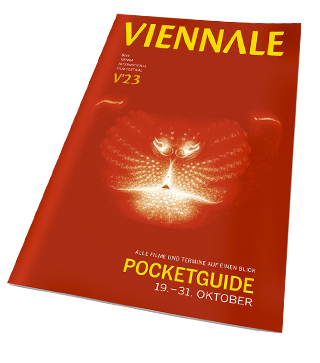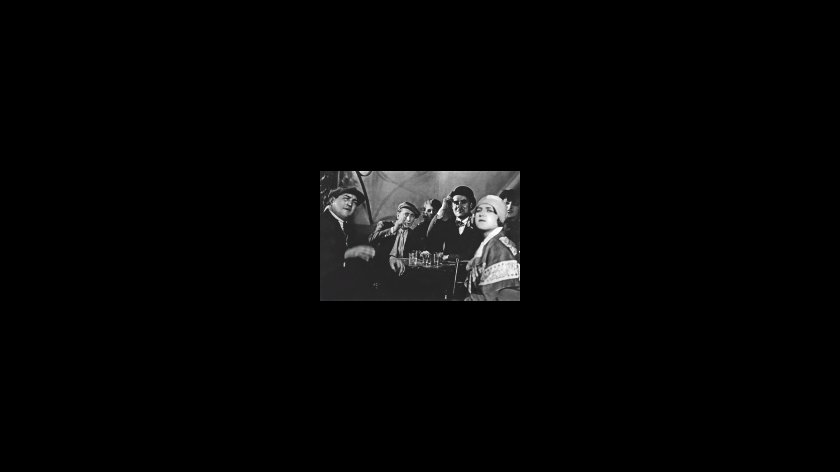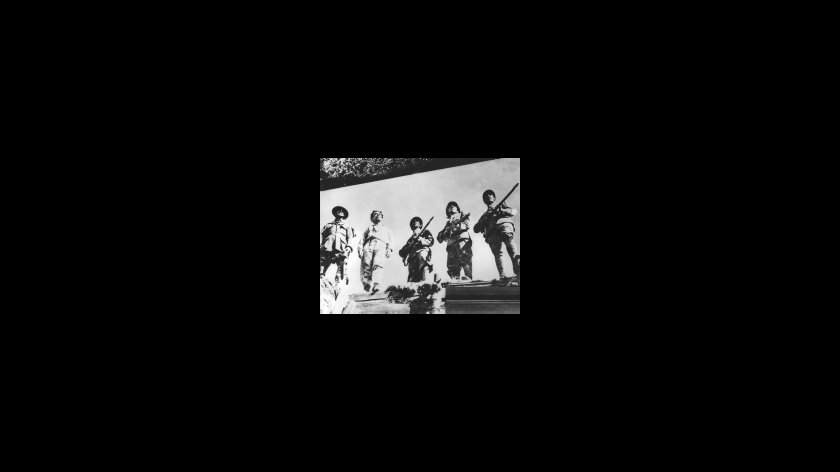PROLETARISCHES KINO: PROGRAMM 11 - FRANK ROSSAK 3
]]>Proletarian Cinema in Austria: A Presentation of the Left-Wing Film Culture 1918–1938]]>.
Beginning in the early 1920s, the Austrian labor movement attempted to counter bourgeois cinema with the development of its own autonomous film production. The proletarian film set two tasks for itself: the enlightenment of the working class and the political self-portrayal.
The first part of the film presentation (program 1-11) is concerned with this environment. It devotes itself to documents of class struggle, construction and social reconstruction; it portrays socialist celebrations and festive culture; it marks historical breaks and sheds light on a new consciousness of the human body. In addition, the presentation includes footage examining the Austrian labor movement from various ideological perspectives. Particular emphasis is given to Soviet newsreels, which focused on the Austrian labor movement and have never before been shown in Austria.
The second part of this film show (program 12-18) introduces the most influential film critic of the First Republic: Fritz Rosenfeld, of Vienna’s leading socialist newspaper, the “Arbeiter-Zeitung”. The selection of films represents neither “best-of” programs nor favorite films of the writer. First and foremost, the individual works stand for themselves, having their common point of reference in the core of Rosenfeld’s critical works: in the examination of the political and artistic limitations of the bourgeois film industry, its selective transcendence in works of class-conscious filmmakers or its vanquishing through Soviet revolutionary cinema and the independent production of the avant-garde.
Selected works by Charlie Chaplin, G.W. Pabst, René Clair, Olga Preobraczenskaja, Viktor Trivas, Eugene Deslaw and others will illustrate important topics of Rosenfeld’s unwaveringly enlightened and enlightening film criticism.
]]>General information:]]>
Unfortunately, the detailed descriptions of the films and fragments screened within the program are not available in English.
Die Folgen der Februarkämpfe 1934 (Ö 1947/48)
Production Pax Film, Wien
35mm/mute/German Intertitels/black and white
7 minutes
Sturmjahre (Ö 1947)
Director and Script writer Frank Ward Rossak, Herbert Heidmann
Dialogregie August Rieger
Text and speaker August Rieger, Ernst Kowar
Cinematographer Hans Imber, Hans Nigmann, Bruno Lötsch, Mario Wiberal, Josef Halbritter, Paul Bruck
Music Hans Wilma, Wiener Symphoniker
Sound Alfred Norkus
Sound system Wien-Film am Rosenhügel Synchronisation Rosemarie Foltin
Editor Herbert Heidmann, August Rieger
Actors Franz Lehár, Louise Kartousch, Dagny Servaes, Hans Jungbauer, Hans Brand, Trude Sommer, Herbert Holy, Hannelore Herzberger, Heini Schwaiger, Franz Tesas, Fiedl Weiss, Vilma Mras, Josef Weiss, Odette Compostella, Franz Engelmayer
Production Frank Ward Rossak,
Herbert Heidmann
35mm/Sound/black and white
91 minutes




